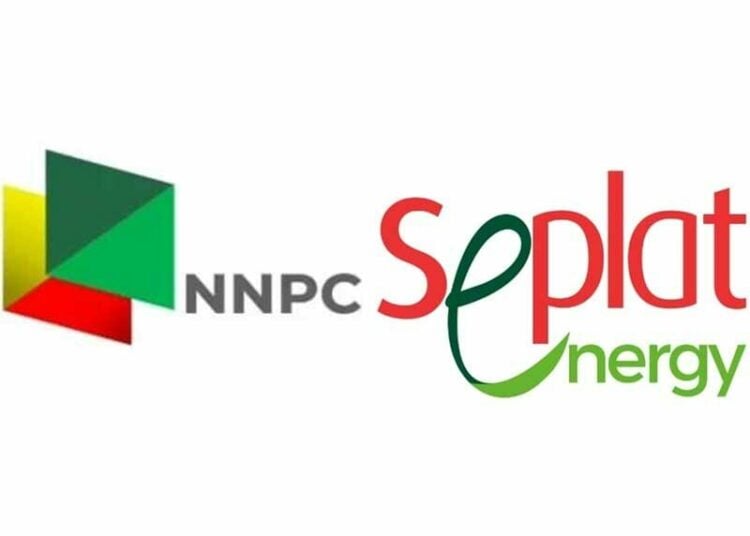Seplat Energy, in collaboration with its Joint Venture (JV) partner, the Nigerian National Petroleum Company Limited (NNPCL), has unveiled its key Liquefied Petroleum Gas (LPG) project, which aims to deepen the shift to clean cooking fuel in Nigeria.
Seplat Energy Plc is stepping up efforts toward reshaping the country’s energy landscape with the delivery of its first domestic supply of LPG from the Bonny River Terminal (BRT) in Rivers State.
In partnership with the NNPCL, Seplat Energy accomplished the loading of 12,600 metric tons of butane, marking a decisive shift in the country’s long-standing reliance on imported cooking gas.
The product produced from the BRT, an asset previously operated by ExxonMobil and acquired by Seplat, was almost exclusively exported, depriving the domestic market of much-needed supply.
Therefore, the landmark cargo signals not only a milestone for Seplat but also a pivotal moment for Nigeria’s quest to strengthen energy security and sustainability.
Poor infrastructure and fragmented policies have left the domestic gas market underdeveloped, even when Nigeria reportedly hosts the largest natural gas reserves in the world.
Over 70 per cent of the LPG consumed locally is imported, making prices vulnerable to foreign exchange (FX) fluctuations and global supply disruptions. However, with this new development, Seplat would significantly inject a huge volume of locally produced LPG into the local market.
This is in line with the company’s broader gas-focused strategy, anchored on expanding supply into the domestic market. Seplat is simultaneously developing two major gas processing facilities, the 300 million standard cubic feet per day (MMscfd) ANOH Gas Plant in Imo State and the 90 MMscfd Sapele Gas Plant in Delta State.
Both plants are equipped with dedicated LPG units capable of producing 120 metric tons and 163 metric tons per day, respectively, and are expected to come on stream by the fourth quarter (Q4) of 2025. Nigeria’s overreliance on biomass and kerosene for cooking among its estimated 200 million people has been a major driver of deforestation, greenhouse gas emissions, and public health challenges.
The International Energy Agency (IEA) said that nearly 80 per cent of Nigerian households still rely on firewood, charcoal, and other polluting fuels. By boosting the supply of affordable LPG, Seplat’s initiative offers a cleaner, safer alternative for millions of families.
Roger Brown, the chief executive officer (CEO) of Seplat Energy Plc, underscored the importance in supporting the nation’s energy transition.
“Usage of gas and LPG is on the rise in Nigeria, and reliable supply is critical in ensuring energy security in the country as well as reducing carbon emissions and other harmful air pollutants. At Seplat, we are proud to be driving this transformation, delivering cleaner energy solutions that empower communities and drive inclusive growth,” Brown said.
Analysts noted that Seplat’s entry into the domestic LPG market could have ripple effects across Nigeria’s energy ecosystem. By reducing the pressure on foreign exchange through import substitution, the initiative can help stabilise volatile cooking gas prices. It also creates opportunities for downstream businesses involved in the LPG distribution, storage, and retailing, thus strengthening the broader energy value chain.





